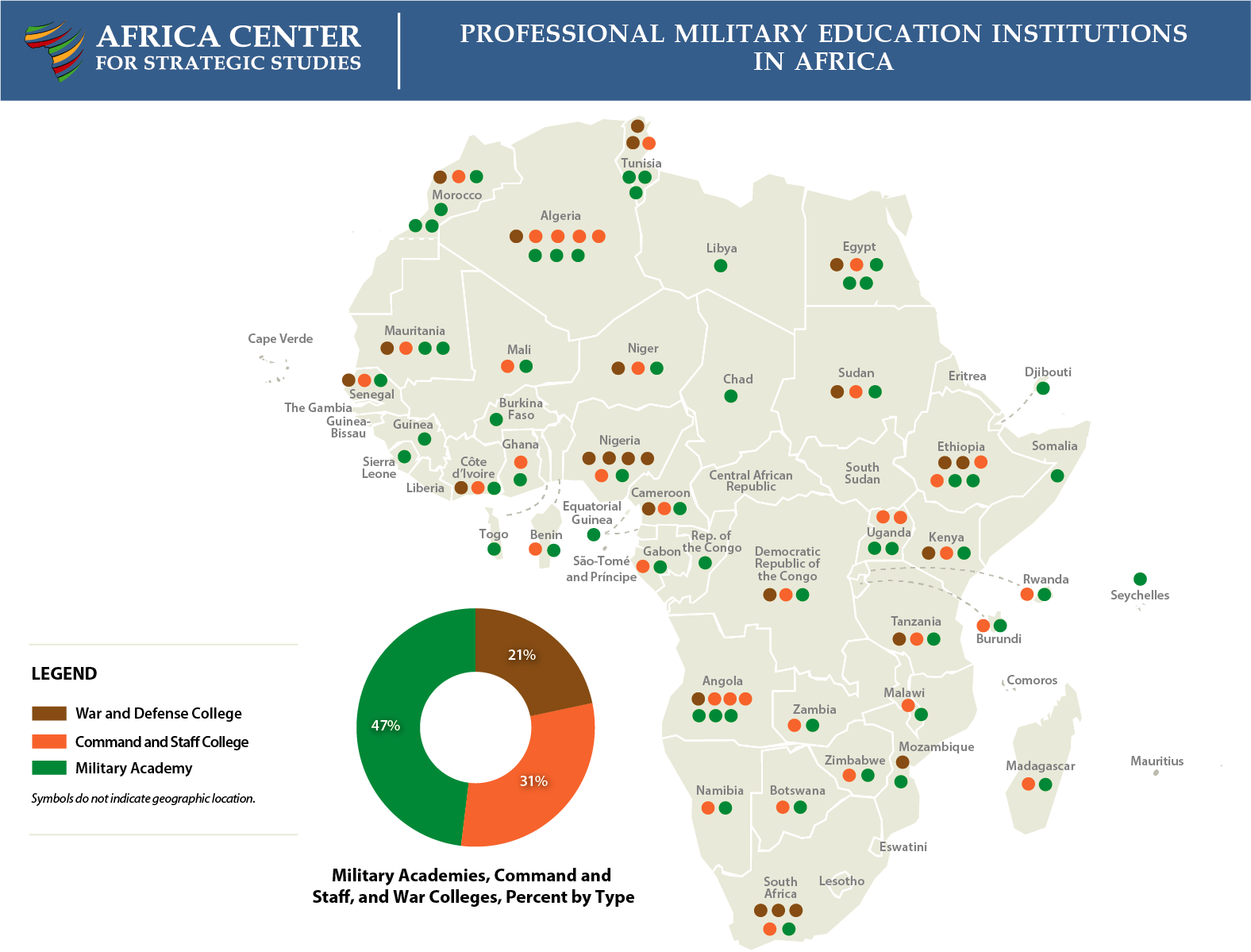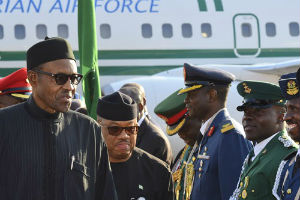Military professionalism is a standard of conduct exercised by members of the armed forces to effectively provide security for citizens while upholding the values of service to the public, subordination to democratic civilian authority, allegiance to the constitution, political neutrality, and respect for the rule of law and human rights. Military professionalism is not the result of a single event but is a culture that must be constantly reinforced, refined, and perpetuated.
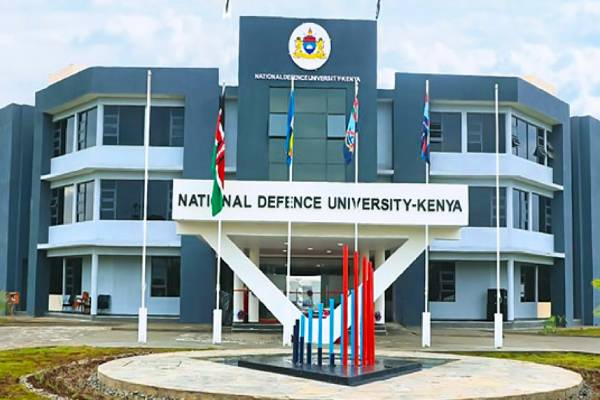
Spotlight
Reflections on 60 Years of Strengthening Military Professionalism in Kenya
Kenya’s effort to instill a culture of military professionalism is founded on respect for the constitution, cultivating service-oriented leadership, and a commitment to building a merit-based, well-educated, representative, and ethical force.
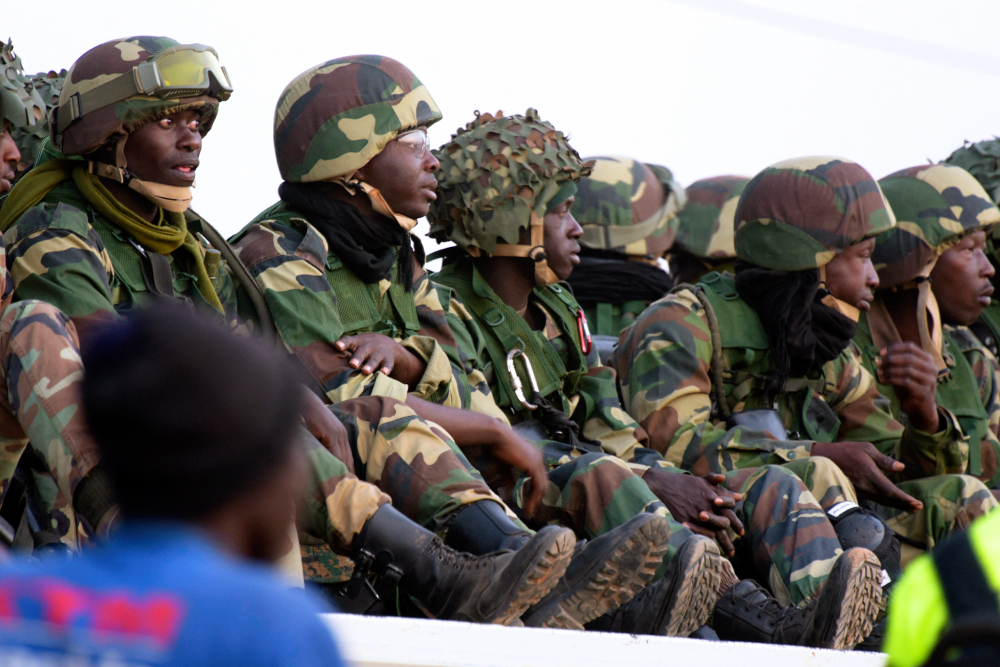
Spotlight
Creating a Culture of Military Professionalism in Senegal
Senegal’s culture of military professionalism has been the outcome of a deliberate and long-term effort to inculcate values of service, meritocracy, and respect for democratic values.
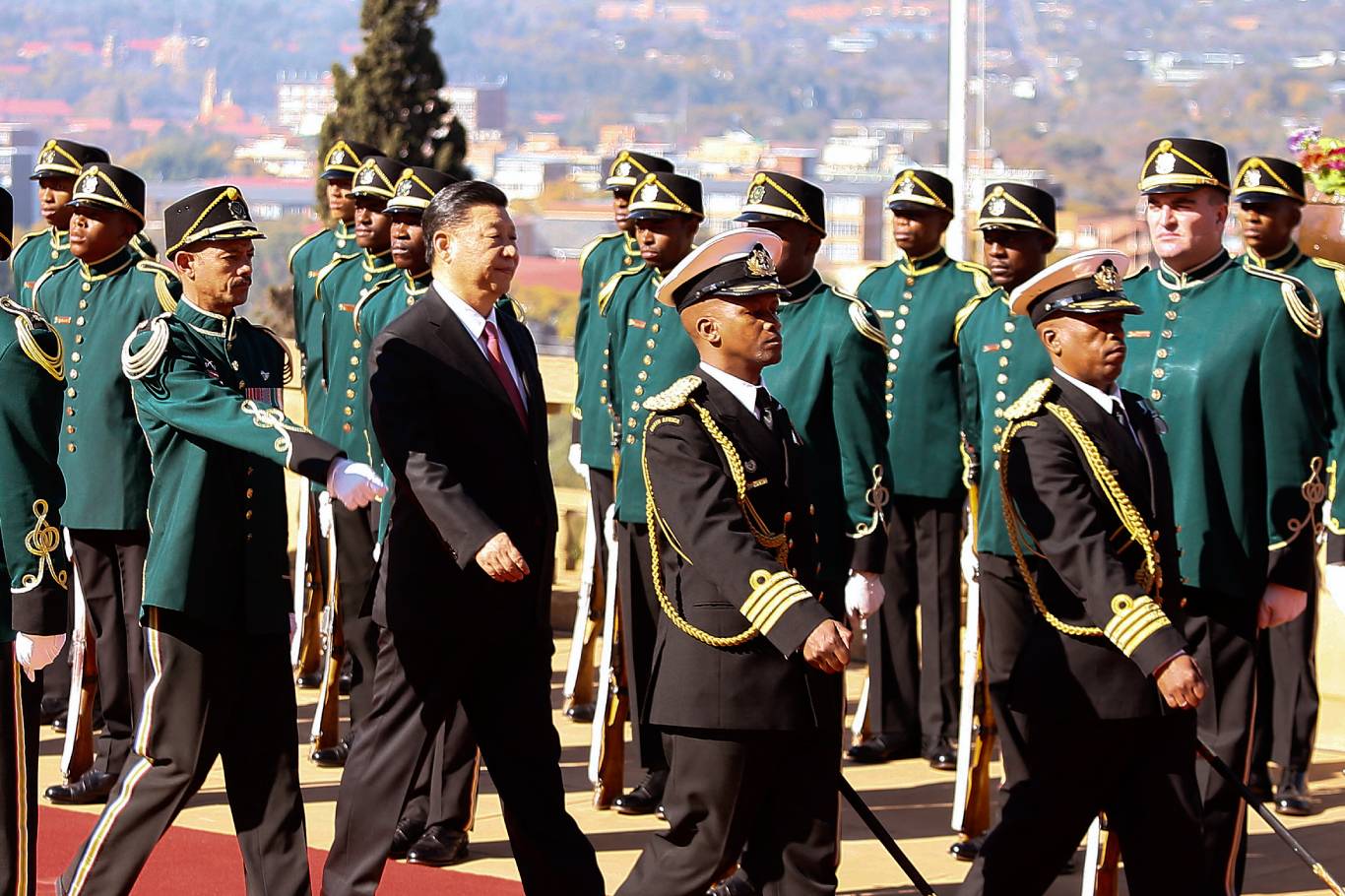
Spotlight
China’s “Military Political Work” and Professional Military Education in Africa
China envisages professional military education in Africa as an opportunity to promote China’s governance model while deepening ties to Africa’s ruling political parties.
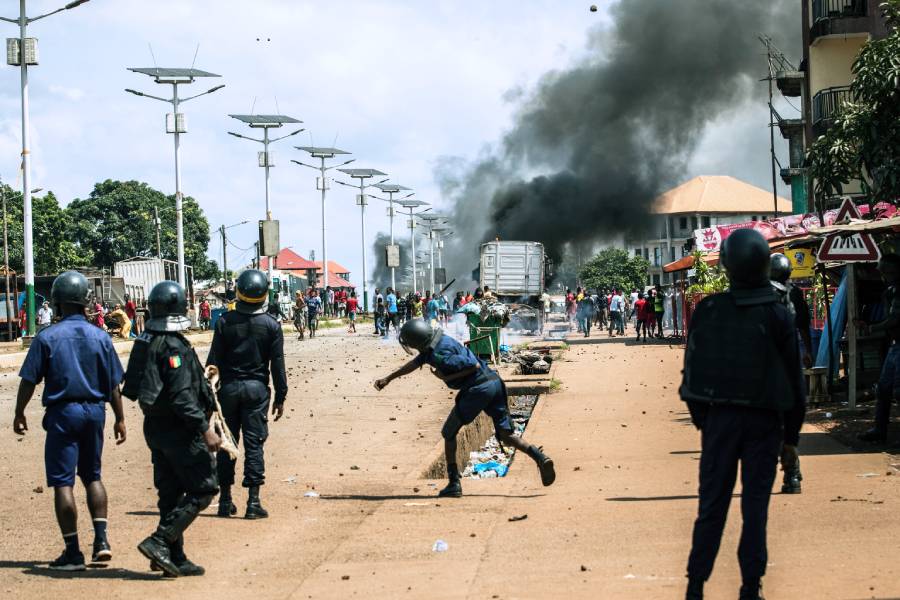
Publication
Oversight and Accountability to Improve Security Sector Governance in Africa
Oversight, accountability, and governance of the security sector are essential ingredients to a capable and effective force, mitigating infractions and contributing to a learning environment that improves future practices.
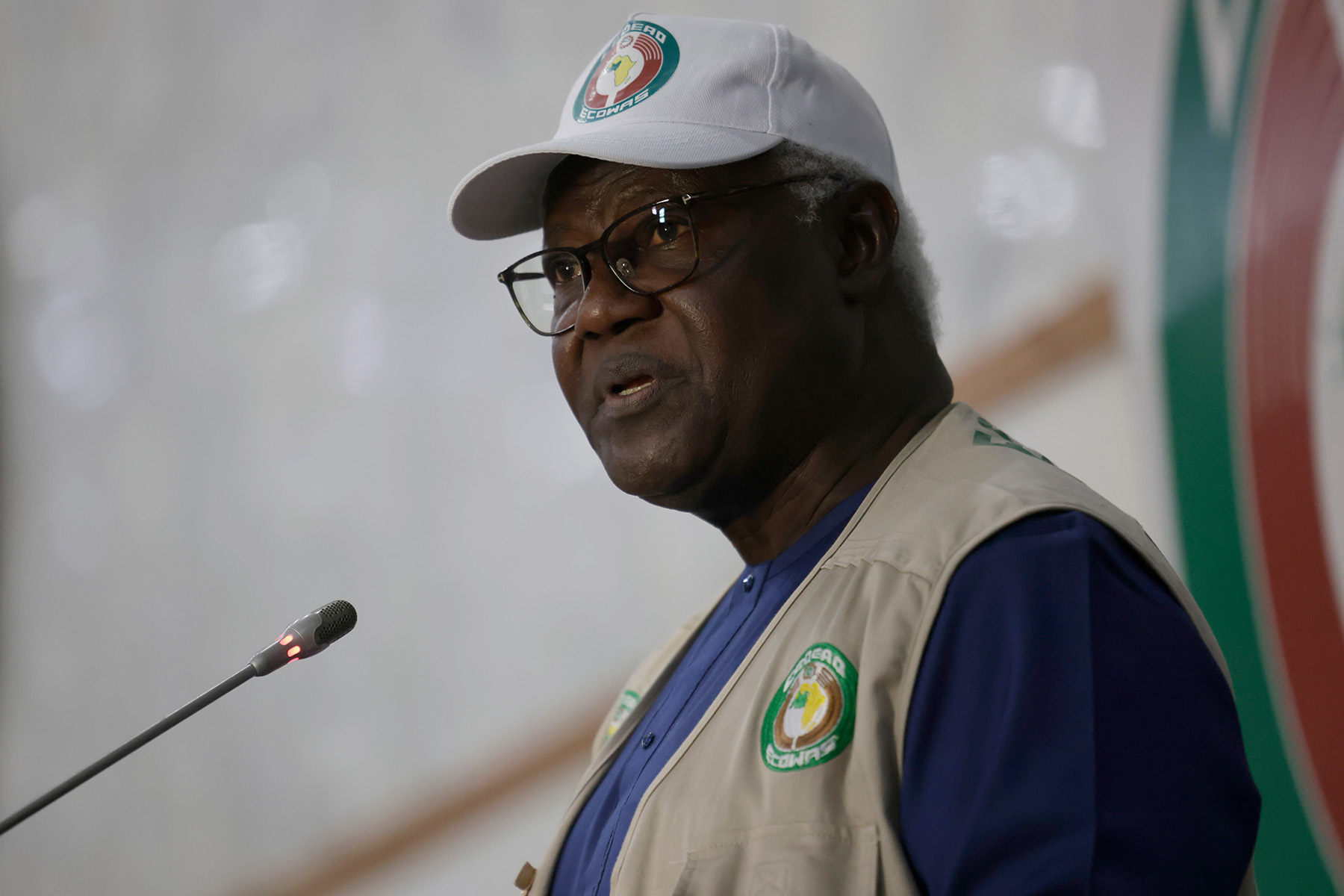
Video
“Those You Work for Are the People”: His Excellency Ernest Bai Koroma’s Keynote Address
Sierra Leone's former president draws on his country's post-war security transformation as a model for reforming Africa's security sectors to be more citizen centric.
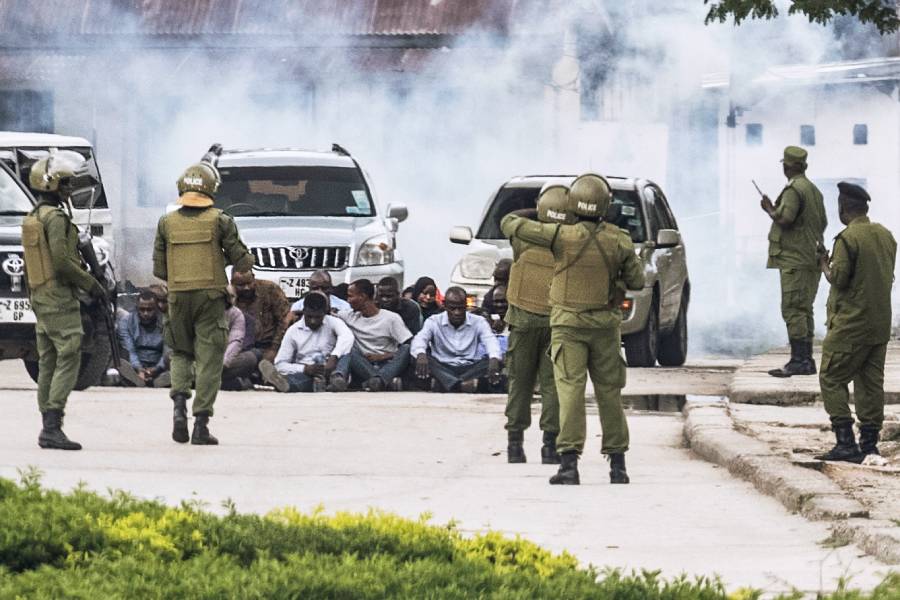
Spotlight
China’s Policing Models Make Inroads in Africa
China’s expanded police engagements in Africa could have potentially far-reaching consequences for African security governance.
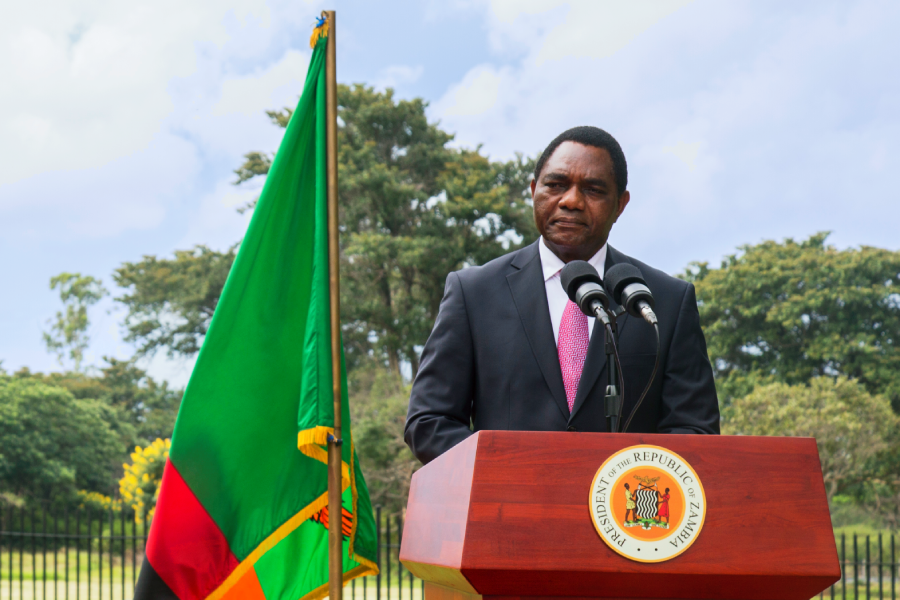
Video
Zambia’s President Hichilema Says Security Requires Whole of Society Effort
Effective management of security resources is a pillar to security, good governance, and sustainable development—and a means of building trust in the security sector.
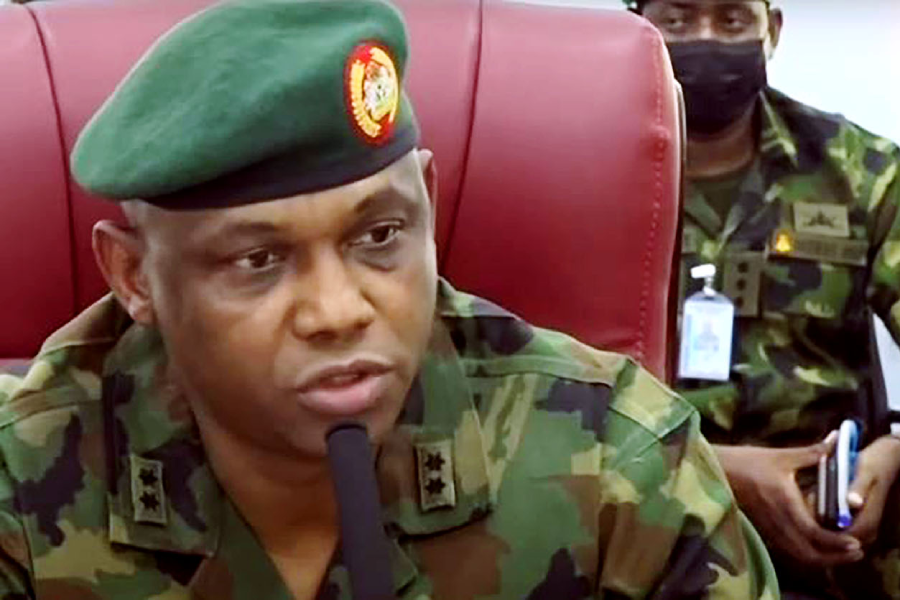
Spotlight
Parliamentary committees that oversee the security sector play an essential role in building accountable, sustainable, transparent, and professional institutions.
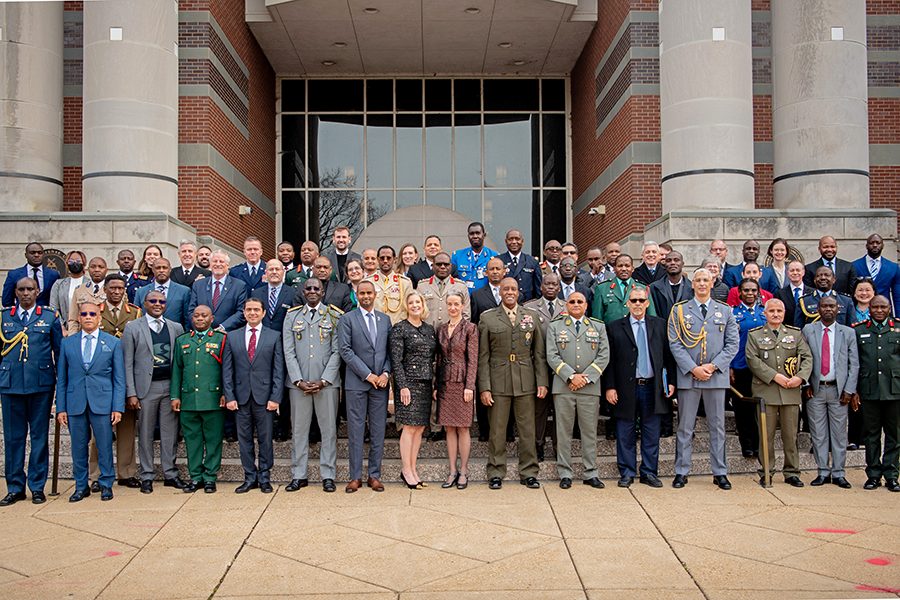
Spotlight
Deepening a Culture of Military Professionalism in Africa
Creating a culture of military professionalism requires instilling core societal values within all members of the armed forces. Such shared values have a powerful unifying effect on a military, amplifying force cohesion and effectiveness.
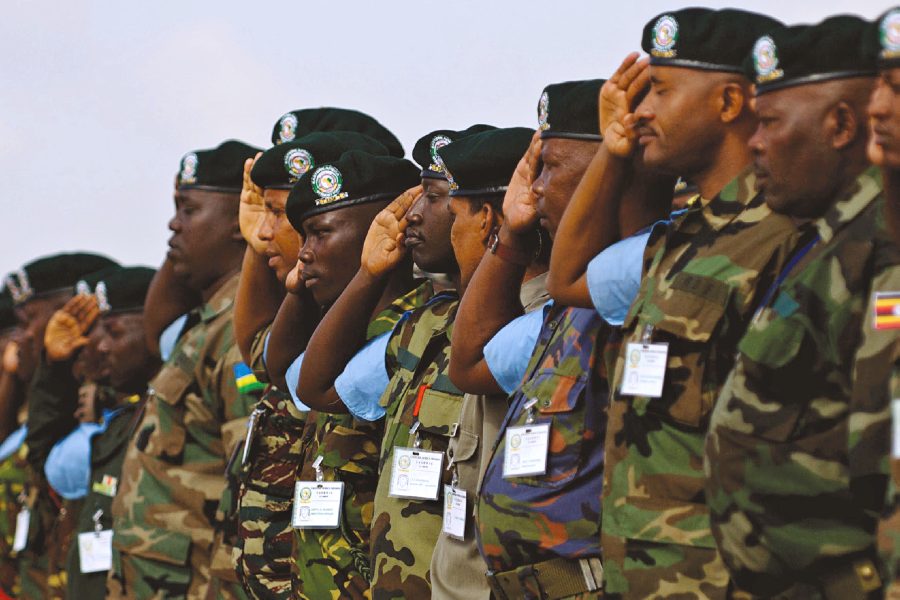
Synthesis
Strengthening Military Professionalism in Africa
This updated synthesis of Dr. Emile Ouédraogo’s seminal “Advancing Military Professionalism in Africa,” reviews the principles, obstacles, and priorities for strengthening military professionalism in Africa.
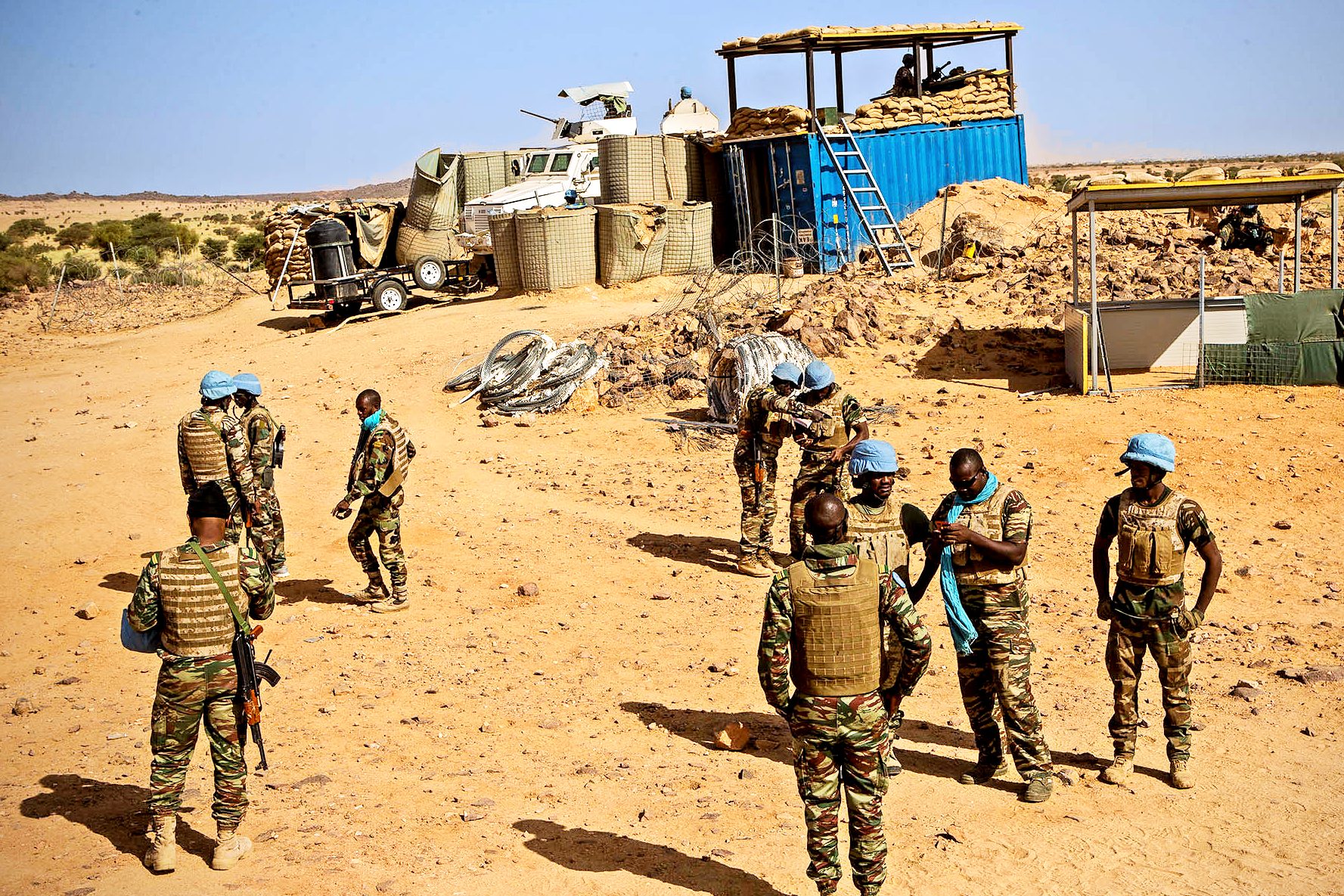
Spotlight
Weapons Losses Fueling Africa’s Militant Groups
Loss of munitions and other lethal materiel from African armed forces and peace operations is a key factor sustaining militant groups driving instability on the continent.
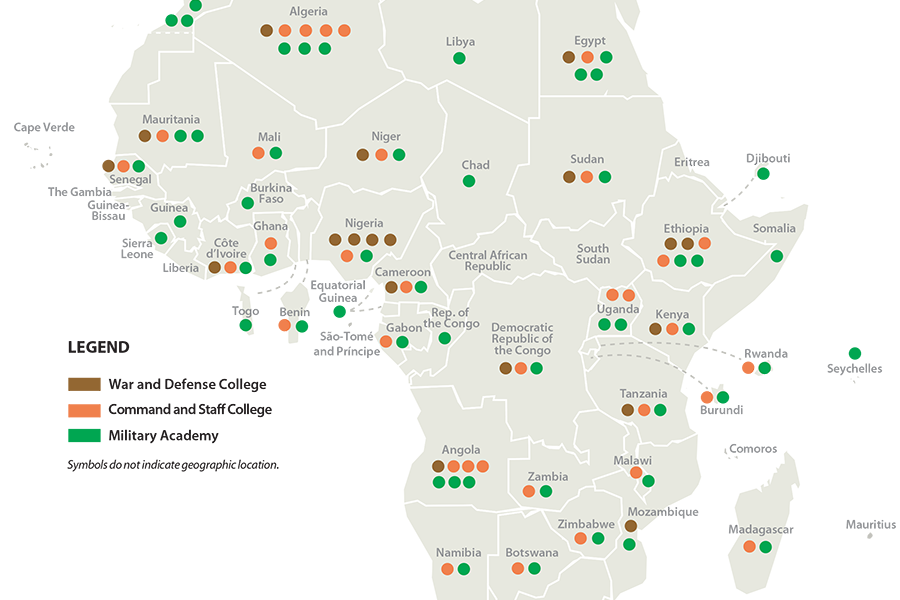
Infographic
Professional Military Education Institutions in Africa
Professional military education institutions aim to foster capable and apolitical militaries to uphold the constitution and serve democratically elected civilian leaders. To do so, however, they must be grounded in a culture that reinforces these values.
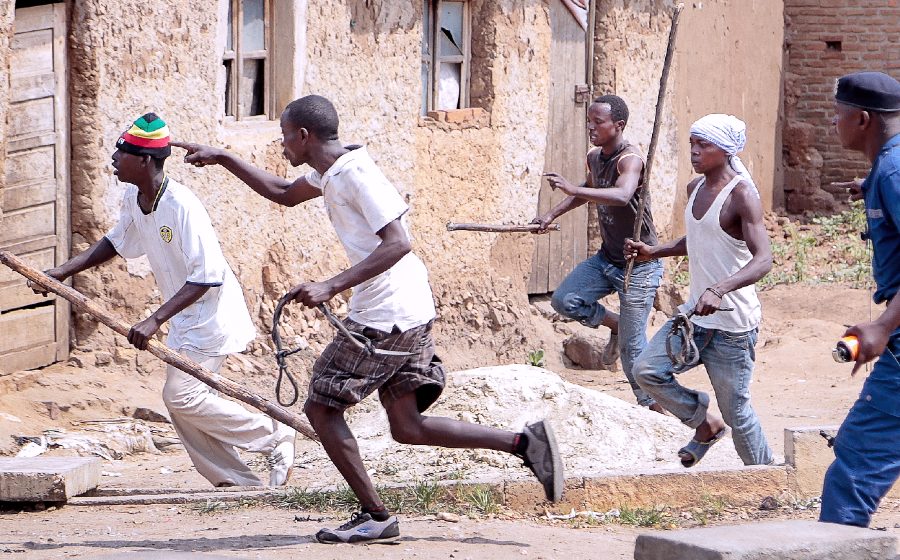
Spotlight
Party Militias — A Threat to Security and Military Professionalism
Ruling party militias in Africa are an increasingly employed tool to intimidate political rivals and keep populations in check—violating democratic rights and undercutting military professionalism.
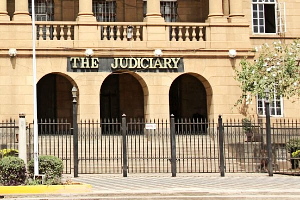
Spotlight
Justice and Rule of Law Key to African Security
The integration of justice initiatives within conventional security efforts can mitigate conflict, improve societal resilience, and build a stronger culture supportive of the rule of law.

Spotlight
The Sudanese Military’s Interests in Civilian Rule
Proactive management of the transition to civilian rule would afford the Sudanese military more stability, budgetary support, and professional benefits.
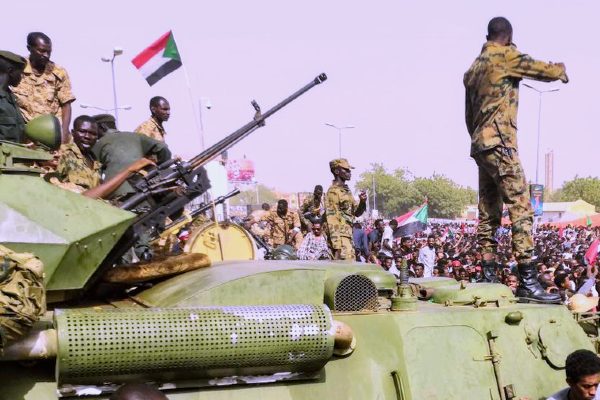
Spotlight
Reforming the Security Sector in Sudan: The Need for a Framework
Sudan needs a national security strategy to guide the reforms of its security sector from a tool of repression to sustain the old regime to a professional force that protects citizens under a democratic system.
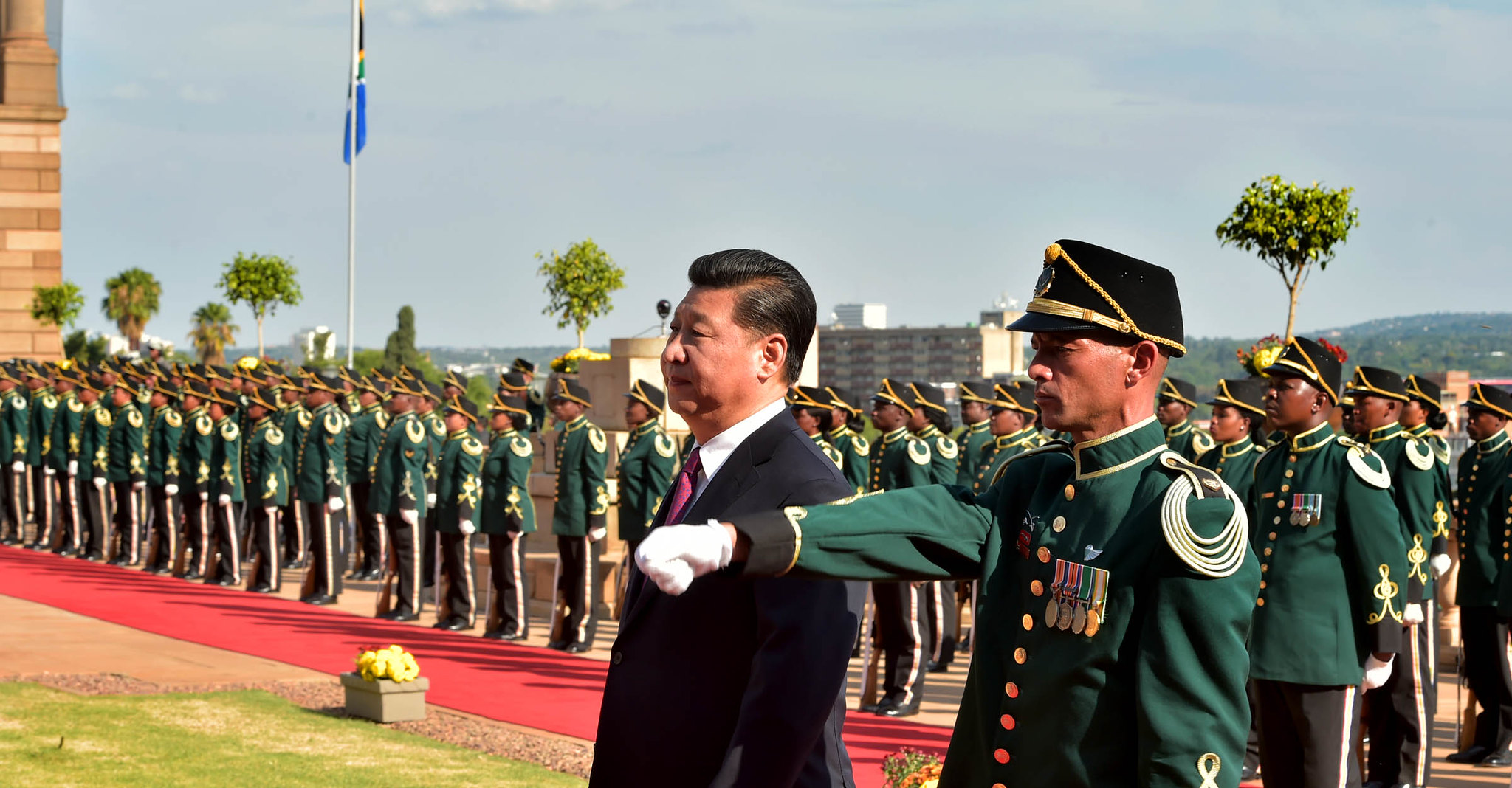
Spotlight
China Promotes Its Party-Army Model in Africa
China’s party-army model, whereby the army is subordinate to a single ruling party, is antithetical to the multiparty democratic systems with an apolitical military accountable to elected leaders adopted by most African countries.
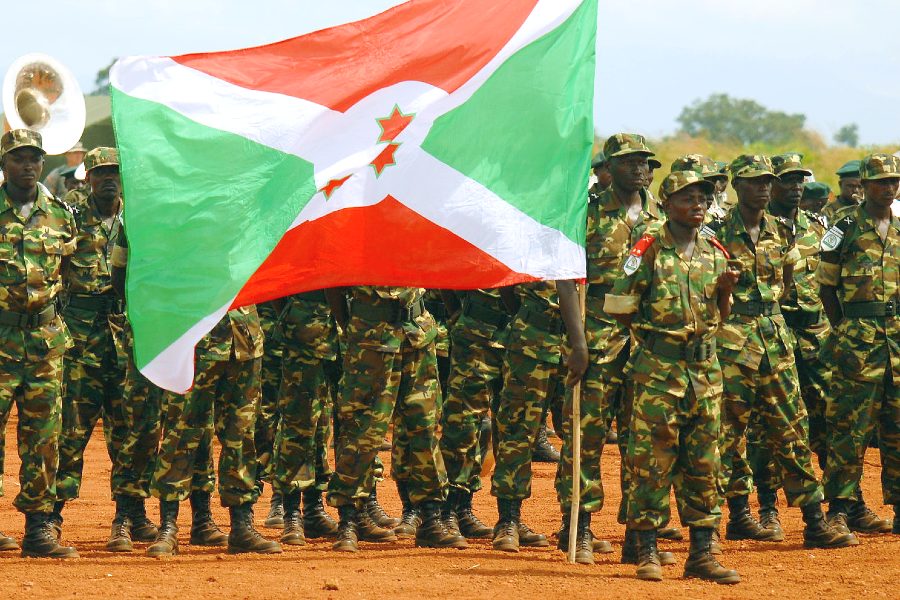
Spotlight
Post-Nkurunziza Burundi: The Rise of the Generals
In Burundi, President Pierre Nkurunziza's sudden death has exposed power struggles within the ruling party and the ascendancy of the military.
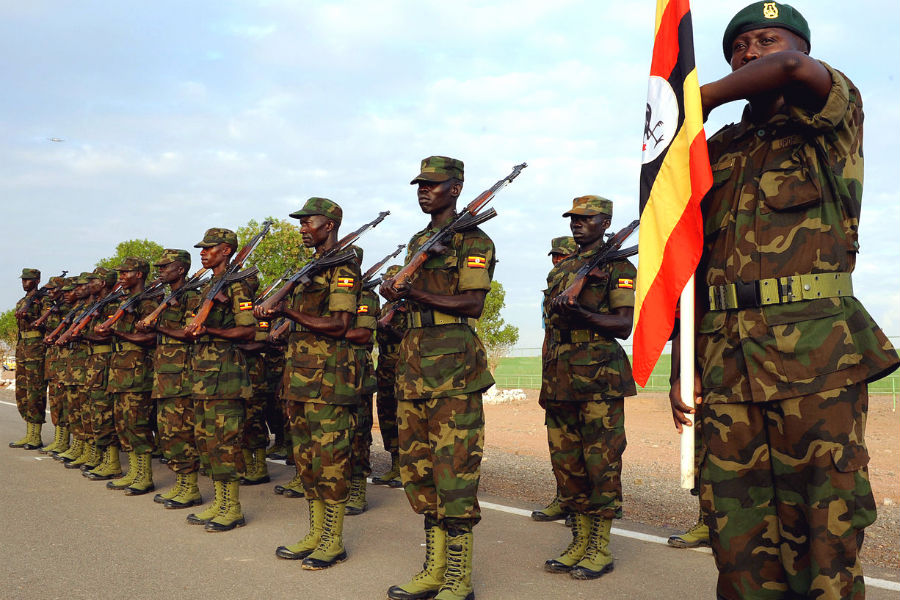
Spotlight
Parliamentary Oversight of the Security Sector: Uganda’s Experience
In an interview with the Africa Center, Stephen Twebaze says that when MPs govern as representatives rather than political actors, even parliaments dominated by a ruling party can practice effective oversight.
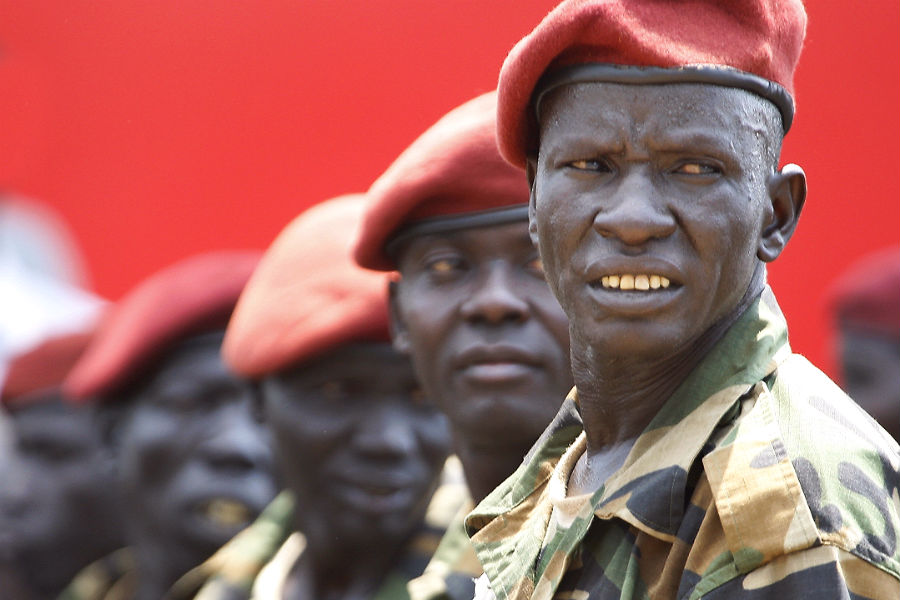
Spotlight
Security Sector Stabilization: A Prerequisite for Political Stability in South Sudan
In light of the complex nature of the security challenges facing the country—created in part by the blurred lines between security and political sectors—a short- to medium-term focus on security sector stabilization (SSS) is warranted.
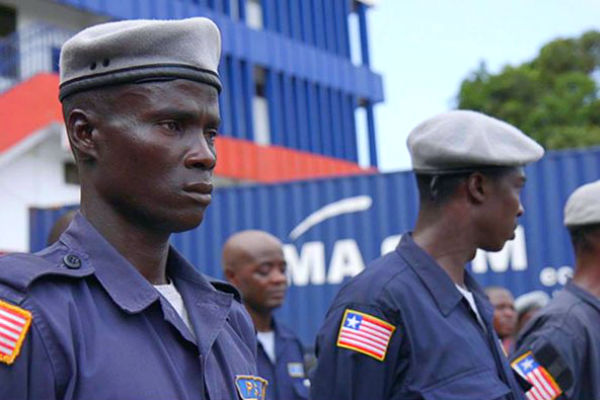
Spotlight
Priorities for Security and Justice during Liberia’s Transition
The incoming administration of Liberian President-elect George Weah will need to address numerous pressing challenges related to the country’s security and stability. This is all the more critical as the United Nations Mission in Liberia (UNMIL) is drawing down and plans to depart the country in March 2018, after 15 years in country.
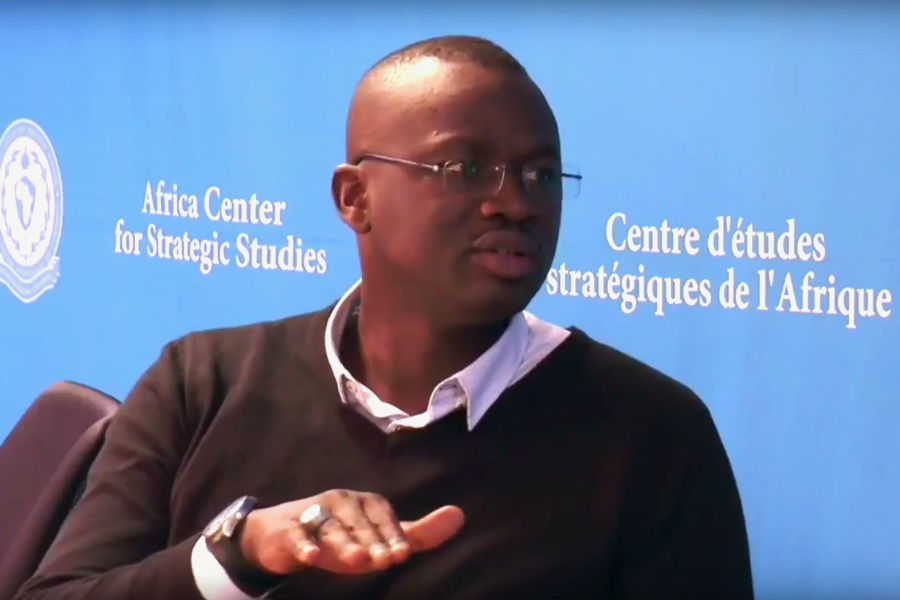
Spotlight
Leadership from the Bottom Up: A Discussion with Lt. Col. Mademba Aliou Fall
"When you build a house, you have to start with the foundation." In an interview with the Africa Center, Lt. Col. Mademba Aliou Fall discusses the Senegalese Army's bottom-up strategy for developing leadership skills.
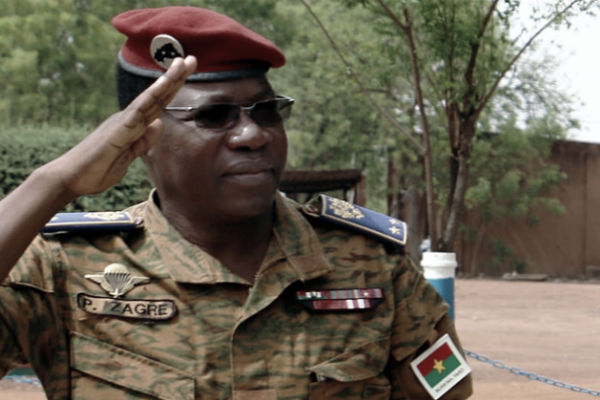
Spotlight
When Ethics Avert a Crisis: Two Cases from Africa
More often than not, African security institutions are designed to protect the regime, not the citizens. But there is a growing list of cases where leaders acted ethically to get democratic processes on track and ultimately save lives.
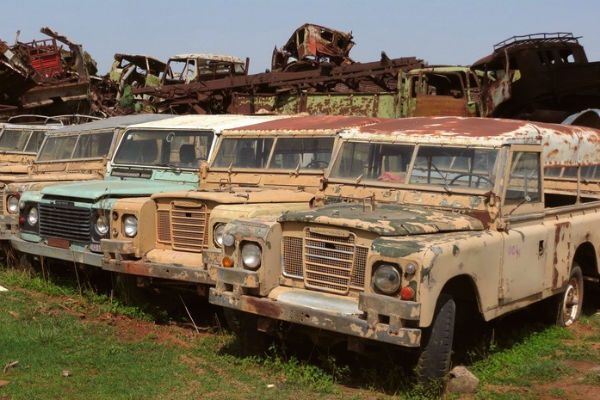
Spotlight
Resource Mismanagement a Threat to Security in Africa
Resources are always limited, even for advanced countries, but the problem in Africa is not resources per se. The problem is their misuse, says the Africa Center’s Assis Malaquias.
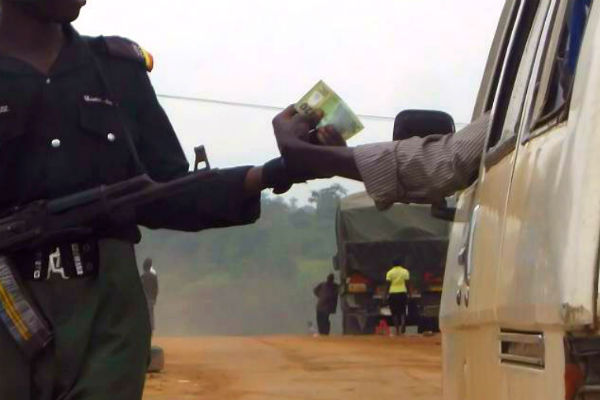
Publication
Governance, Accountability, and Security in Nigeria
Most of Nigeria's security threats require security forces—especially police—that are well-governed, respected, and have effective oversight mechanisms.
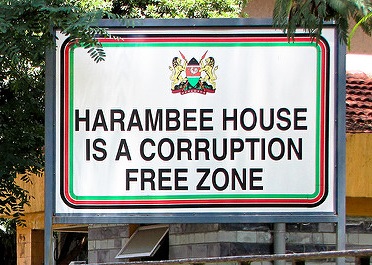
Interview
Corruption: A Major Threat to Military Effectiveness
Corruption contributes directly to insecurity. It has a corrosive effect on combat readiness and effectiveness, undermining the ability to meet national security threats.
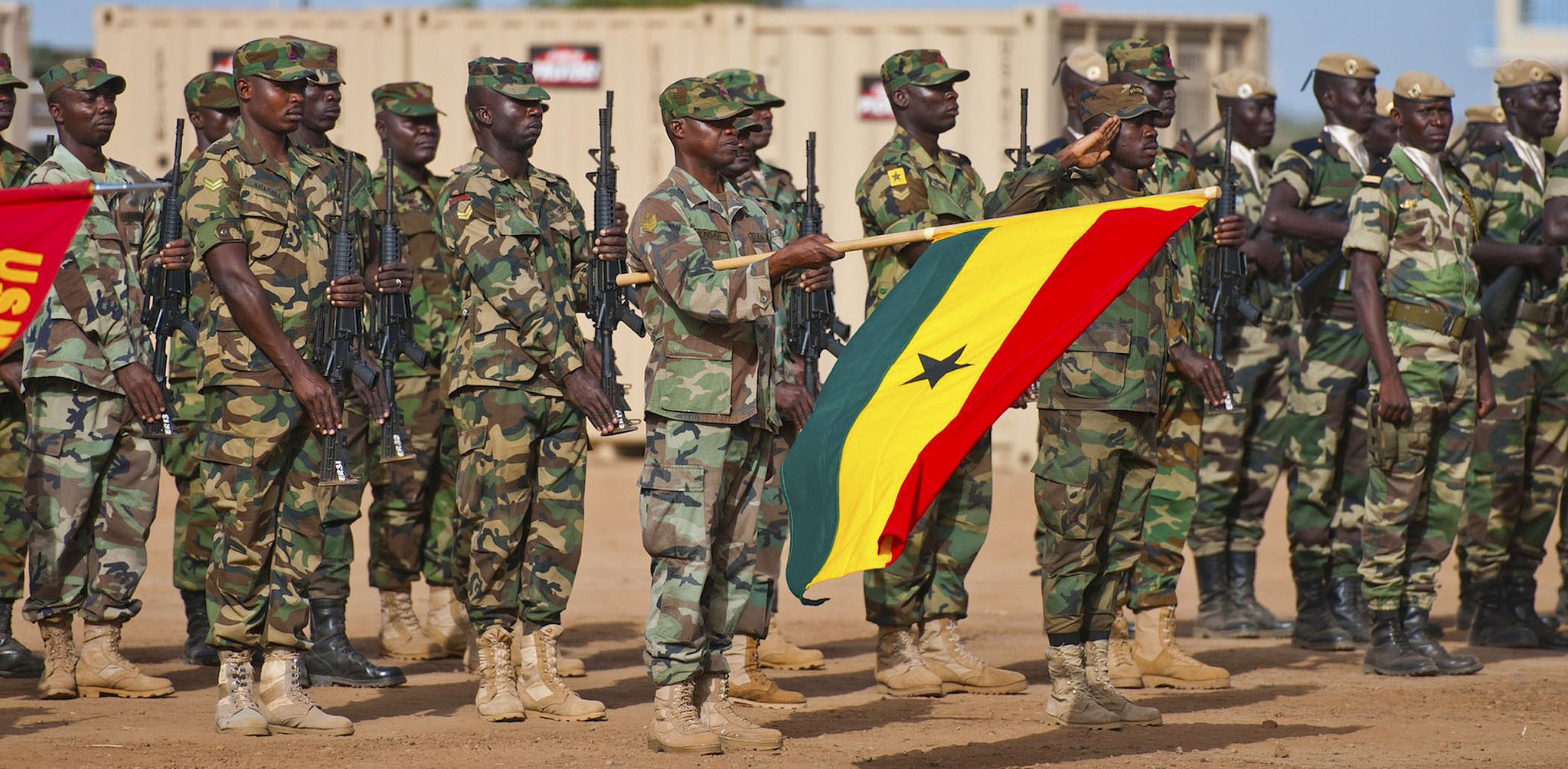
Spotlight
Why Armies Succeed or Fail: Questions of Morale, Discipline and Ethical Leadership
If an army does not believe in the cause it is called upon to fight for, and if it does not have faith in the organizations and institutions that generate its orders and directives, it will likely come apart when faced by determined and well-armed insurgents.
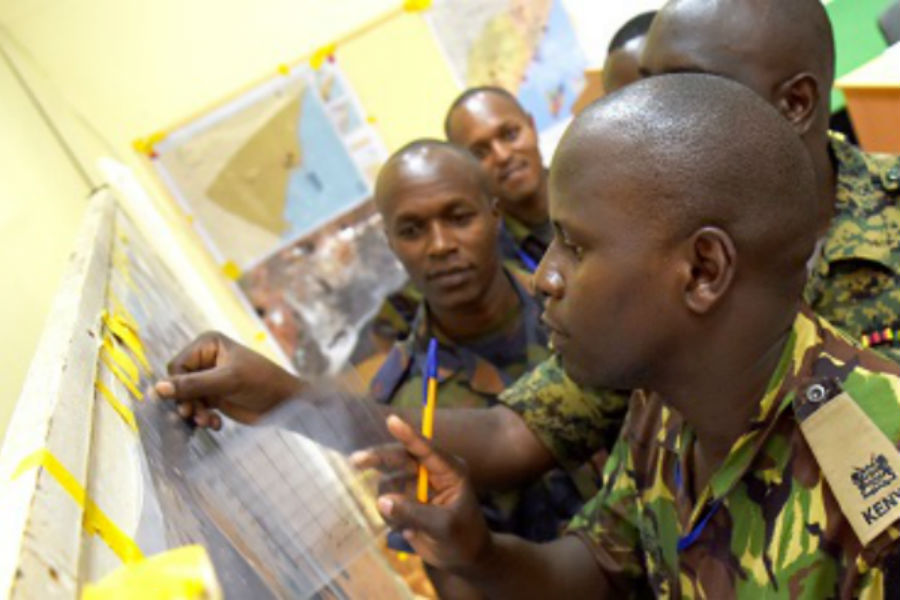
Publication
Advancing Military Professionalism in Africa
Clarifying mission, oversight and the relationship between soldiers and citizens can advance the professionalism eluding many African security services.
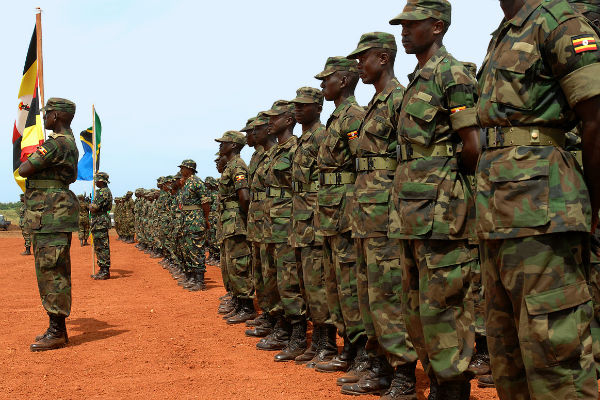
Publication
Africa’s Militaries: A Missing Link in Democratic Transitions
Institutionalization of democratic norms in Africa’s militaries often lags behind advances made in civilian institutions and civil society.

